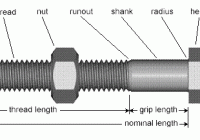What makes a good performance?
I recently gave a presentation to the NHS on the subject of Performance Anxiety, as part of a wider day on Social Phobia. We discussed the physical responses to stress (irregular breathing, constriction etc) and simple solutions to deal with those triggers. But the part that caused the most debate was when I asked them… Read More »







